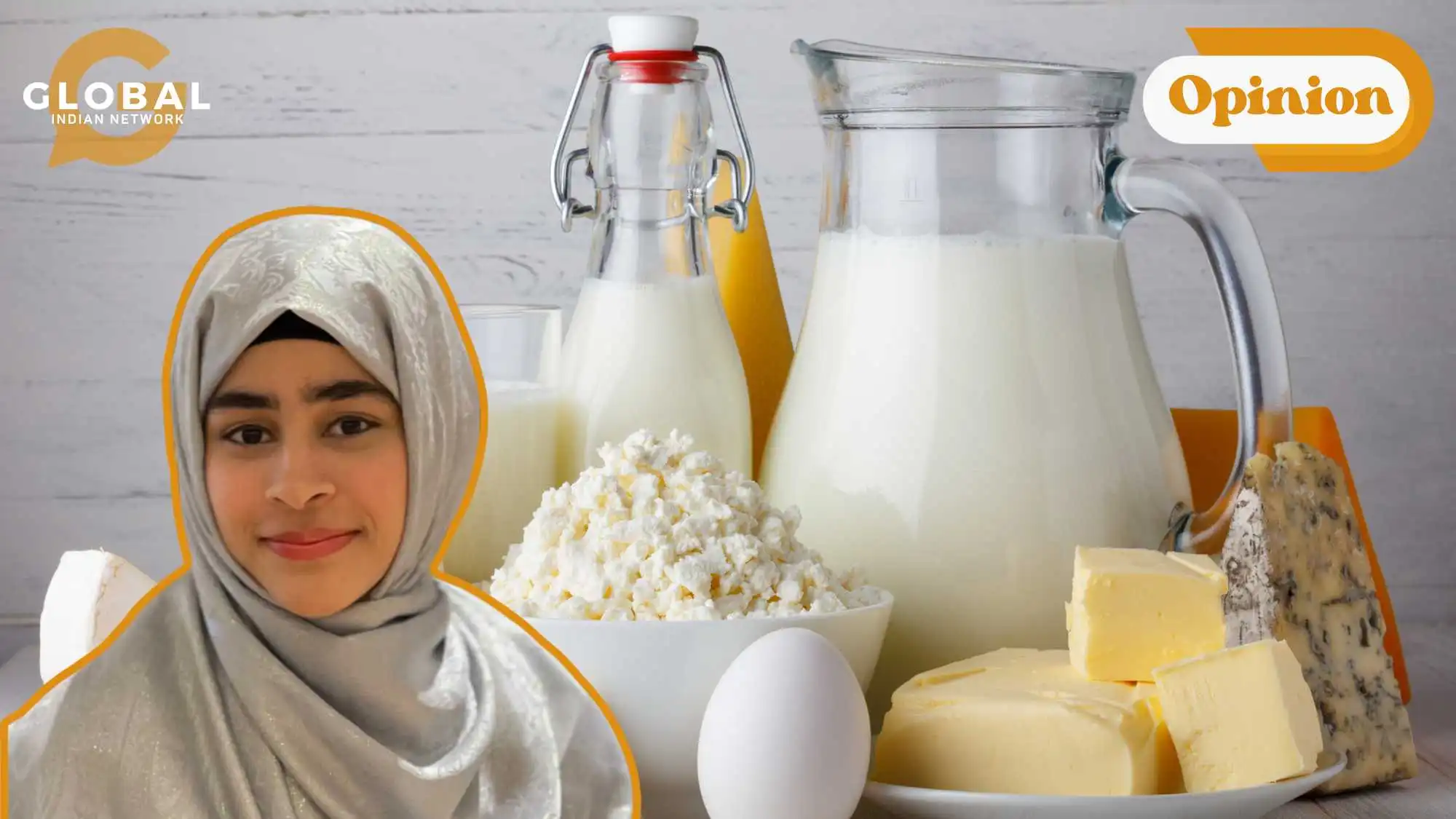Dairy products are a staple class of food in several diets worldwide. From comforting glasses of warm milk to rich slices of soft cheese, dairy is everywhere. However, debates have begun to rise on whether dairy is truly as healthy as we have painted it to be.
This blog explores this dairy dilemma: should we keep it, or should we cut it? Read on to find out!
Dairy: The Nutritional Powerhouse
There are several reasons why dairy should still be added to your diet. Here are a few of them:
Nutritional Benefits
Dairy products are a rich source of numerous essential nutrients, with milk even being called whole food. They offer high-quality protein, calcium, vitamin D, potassium, and many other crucial nutrients. Calcium is necessary for bone health, and vitamin D assists in its absorption and bone growth. Moreover, the protein that we get from dairy helps to create and repair tissues, making it essential for development and growth.
Bone Health
Several studies posit that dairy is invaluable in promoting bone health. Regular dairy consumption has been proven to prevent osteoporosis, which causes weak and brittle bones. This is especially important for kids and adolescents whose bones are still in the development stage, as well as for older adults who are at risk of bone fractures.

Weight Management
Some research suggests that dairy products may potentially be able to aid in weight management. This is because it has high protein content, which can increase satiety, helping individuals feel full for longer periods and potentially reducing overall calorie intake. Moreover, some dairy products, such as conjugated linoleic acid (CLA), can contribute to fat reduction.
Heart Health
Although full-fat dairy products are often criticized for their saturated fat content, some studies have shown that these fats may not be as harmful as we believe. In moderate amounts, full-fat dairy can be a part of a diet that contributes to good heart health. Fermented dairy items such as yogurt and kefir can improve cholesterol levels, reduce blood pressure, and ultimately do wonders for the heart.
Probiotic Nature
Fermented dairy products contain probiotics, which are healthy bacteria that promote a healthy gut microbiome. A balanced gut microbiome is associated with good digestion, immune function, and mental health.
The Downsides of Dairy: Why You Should Consider Cutting it
This is probably not the first time you’ve heard of someone discussing the downsides of dairy. The hate is everywhere!
Here are the main reasons why some people advocate against the so-called nutritional powerhouse:
Lactose Intolerance
About 68% of the global population struggles with lactose intolerance. This frustrating condition stems from a deficiency in lactase. This enzyme is responsible for breaking down lactase, which is the sugar found in milk. The most common symptoms of lactose intolerance are bloating, gas, diarrhea, and stomach cramps. For those with lactose intolerance, dairy consumption can cause a significant amount of discomfort and digestive issues.
Milk Allergies
Mostly observed in children, milk allergy is another concern. This allergy comprises an immune response to the proteins in milk, which can result in mixed symptoms such as hives and digestive issues.
Possible Health Risks
Some suggestions reveal a possible connection between high dairy consumption and health risks. For example, dairy in excess amounts has been linked to higher risks of prostate and ovarian cancers.

Harmful Hormones and Antibiotics
Modern dairy farming techniques are increasingly using hormones and antibiotics to boost milk production and prevent diseases in cows. The residual substances can come into the dairy products that reach our homes, raising serious concerns about possible health effects, which include hormone disruptions and antibiotic resistance.
Negative Environmental Impact
The dairy industry has a massive environmental footprint, contributing to greenhouse gas emissions, water pollution, and land degradation. Minimizing dairy consumption or opting for plant-based alternatives can help lower these detrimental effects on the environment.
Finding the Balance With Dairy Alternatives
Both sides of the battle have strong arguments that are hard to ignore. Finding a balance is now crucial.
The best way to do so is to moderate your dairy consumption, allowing yourself to reap its benefits without overindulging and exposing yourself to potential risks. Select a variety of healthy dairy products in moderate portions to maintain a balanced diet.
Also, make sure to be strict about the quality of the products you are choosing. Look for organic and grass-fed options that are free from hormones and antibiotics.
Pay good attention to how your body responds to the various dairy products you’re consuming. In case you experience any discomfort, such as digestive issues, reduce or eliminate those products from your diet.
There are several plant-based alternatives to dairy, such as almond, soy, oat, and coconut milk, readily available in grocery stores. These alternatives provide similar nutrients without the potential drawbacks of dairy. Make sure to choose fortified versions to ensure enough nutrient intake.
The dairy dilemma is complex, with powerful points on both sides of the field. Whether to keep or cut dairy ultimately depends on your individual health goals and preferences.
For some people, dairy is like a treasure, giving them a good amount of nutrients and contributing to their overall health.
However, for others, lactose intolerance, allergies, or personal beliefs may cause them to cut dairy for good.
Ultimately, a balanced approach, carefully considering both benefits and potential drawbacks, is key to finding what supports your health and well-being.
Would you like to share some more insightful thoughts on the dairy dilemma? We’d love to hear them! Share your thoughts and ideas in the comments below to get the conversation flowing, or feel free to reach out to us at larra@globalindiannetwork.com.










